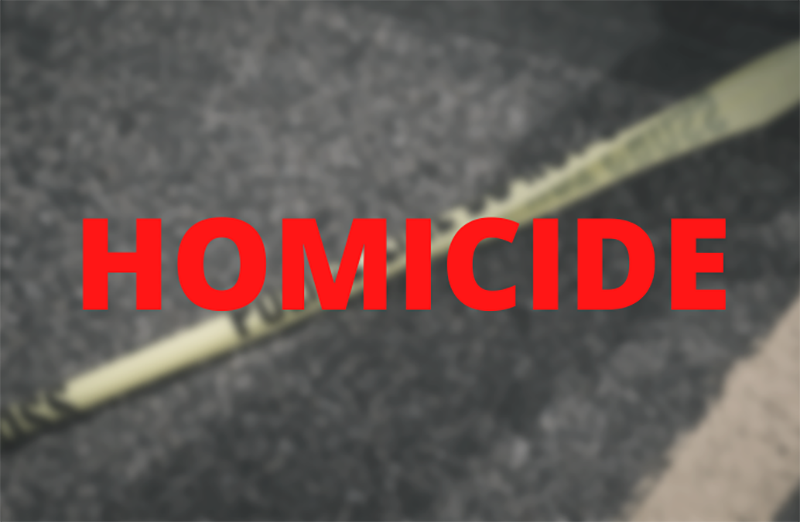
Thank you for reading D.C. Witness. Help us continue our mission into 2024.
Donate NowBy
Isabella Graf [former]
, Ashley Drazka [former] - April 1, 2024
Daily Stories
|
Homicides
|
Shooting
|
Suspects
|
Victims
|
On March 29, DC Superior Court Judge Anthony Epstein found probable cause in a homicide case.
Ronzoni Jackson Jr., 24, is charged with first-degree murder while armed for his alleged involvement in the murders of 28-year-old Octavio Quintano and 35-year-old Osmine Quintano on Dec. 12, 2023 on the 2300 block of 4th Street, NE.
The prosecution called a Metropolitan Police Department (MPD) homicide detective to detail the case against Jackson.
When examining video footage from a liquor store located at the intersection where the homicide occurred, the detective testified that you can “see the defendant’s face clearly.” He also noted that the tattoo on the individual’s neck matched a tattoo identified on Jackson.
According to the detective, Jackson was in the liquor store leading up to the homicide.
The detective also testified that the individual’s haircut as shown in the liquor store video footage was very distinctive, and matched Jackson’s haircut.
The detective then explained that the defendant, who he says was clearly seen in this video, matched the appearance and description of the suspect shown in still-photos of the crime scene, as they were wearing the same “bulky black boots, puffy white jacket, hooded sweatshirt, and light blue or gray ripped jeans.”
During cross examination, Jackson’s defense attorney, Sellano Simmons, focused on a fight that was recorded on street camera footage 13 minutes before the homicide occurred. Upon interviewing one of the witnesses involved in the fight, the detective learned that Jackson was also present.
This fight served as an apparent precursor to the shooting.
Video footage of the homicide, not shown in court, shows a man wearing the same clothing that the detective testified about shooting at both Octavio and Osmine.
The prosecution displayed still-shot images of the suspect to the court.
“The gunfire is observed by muzzle flashes coming from the extended arm of Jackson,” said the detective in an affidavit.
The prosecution asked Judge Epstein to find probable cause based on the presented video evidence, physical evidence and witness testimony.
While the prosecution admits the central issue in this case is identification of the suspect, she argues that the law allows for the reliance “of officer identification when there is sufficient evidence.”
Simmons argued that the shooting was not “premeditated and deliberate,” and that there was no way to tell if it was not an act of self defense.
He emphasized the support that Jackson has, as many of his family members have been present at all proceedings. Then Simmons asked that Jackson be released under house arrest at his father’s home where he would not pose a threat to the community.
“Evidence presented by the [prosecution] does establish probable cause,” said Judge Epstein. He cited the strength of the evidence that Jackson was “clearly identifiable based on facial characteristics and that there is a strong resemblance between the clothing of the shooting and the clothing that Jackson was wearing [in the liquor store footage].”
The prosecution asked for Jackson to be held citing the danger he poses to the community and the seriousness of the offense. The prosecutor emphasized Jackson’s three prior convictions, including an unauthorized use of a vehicle, his lack of employment, and history of recent drug use as reasons to support the need for his detainment.
Judge Epstein ordered the defendant held pending trial. He maintained Jackson’s family connections are not sufficient, and that house arrest would not protect the community well enough.
Parties are slated to return on Sept. 13.
Follow this case